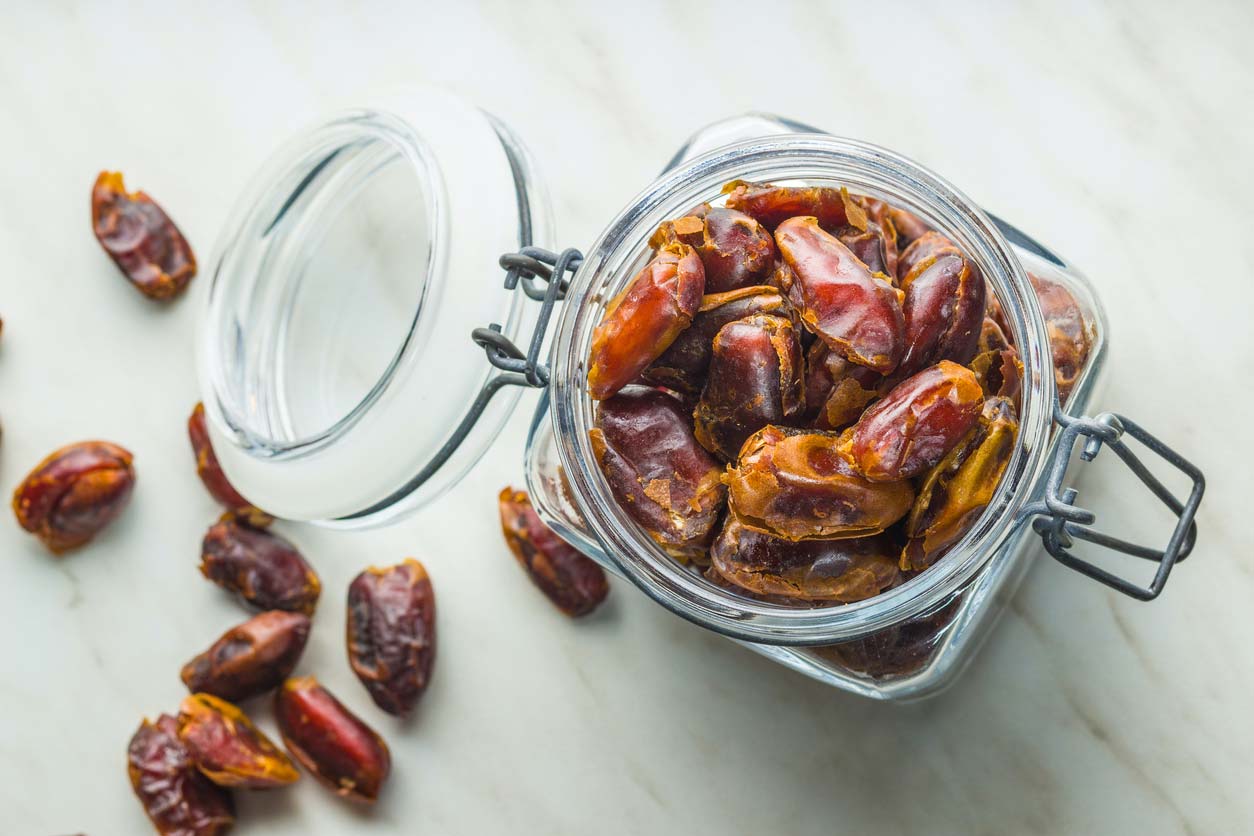

Articles
How To Store Dates Long Term
Modified: December 7, 2023
Learn how to store dates long term with our informative articles. Discover the best methods for preserving dates and keeping them fresh for extended periods.
(Many of the links in this article redirect to a specific reviewed product. Your purchase of these products through affiliate links helps to generate commission for Storables.com, at no extra cost. Learn more)
Introduction
Storing dates long term is a crucial skill for anyone looking to preserve the freshness and quality of these delicious fruits. Whether you’re an avid home gardener with a surplus of harvest or a consumer seeking to stock up on your favorite date varieties, proper storage techniques will ensure that your dates remain tasty and nutritious for an extended period of time.
Date fruits have been cultivated and enjoyed for thousands of years, thanks to their sweet taste and numerous health benefits. They are rich in essential vitamins, minerals, and fiber, making them a popular and nutritious snack. However, like all fruits, dates are perishable and can lose their flavor and texture if not stored correctly.
In this article, we will explore the importance of long-term date storage, factors to consider before storing dates, appropriate storage containers and environments, proper labeling and organization techniques, preservation methods for different types of dates, recommended methods for storing specific date varieties, monitoring and maintenance of stored dates, and best practices for rotating and using stored dates.
By following these guidelines, you can ensure that your dates retain their quality and freshness, allowing you to enjoy them throughout the year and avoid unnecessary waste. So, let’s dive into the world of long-term date storage and discover the secrets to preserving these wonderful fruits!
Key Takeaways:
- Proper long-term date storage ensures year-round availability, cost efficiency, emergency preparedness, and uncompromised quality. Follow guidelines to enjoy fresh, nutritious dates throughout the year.
- Consider date variety, freshness, storage conditions, and preservation techniques to maintain optimal flavor, texture, and nutritional value of stored dates. Embrace creativity and best practices for rotation and usage.
Read more: How To Store Barley Long Term
Importance of Long-Term Date Storage
The importance of long-term date storage cannot be overstated, especially for those who wish to enjoy the goodness of dates throughout the year. By properly storing dates for an extended period, you can guarantee their flavor, texture, and nutritional value remain intact. Here are some key reasons why long-term date storage is essential:
- Year-Round Availability: Dates are typically harvested during specific seasons. However, by storing them properly, you can enjoy them all year round. This is particularly useful when your favorite date varieties are not readily available in your local markets during certain times of the year.
- Cost Efficiency: Buying dates in bulk and storing them long term can help you save money in the long run. You can take advantage of discounted prices during harvest seasons, ensuring a steady supply of dates without having to pay premium prices during off-seasons.
- Emergency Preparedness: Storing dates long term can be a valuable asset in times of emergencies or unforeseen circumstances. Natural disasters, lockdowns, or other emergencies may limit access to fresh food. Having a stockpile of dates ensures a source of nourishment during such situations.
- No Compromises on Quality: Properly stored dates retain their quality, taste, and texture for an extended period. This means you can enjoy the same great flavor and nutritional benefits months after the original harvest.
These are just a few reasons why long-term date storage is essential. Whether you’re a date enthusiast, health-conscious individual, or simply want to be prepared for any situation, having a stockpile of well-preserved dates is a wise choice.
Factors to Consider Before Storing Dates Long Term
Before embarking on your journey of long-term date storage, it’s important to consider several factors to ensure the best outcomes. Taking these factors into account will help you make informed decisions and optimize the storage conditions for your dates. Here are some key factors to consider:
- Date Variety: Different date varieties have varying levels of moisture content, sugar content, and overall characteristics. It’s important to understand the specific requirements of the variety you plan to store. Some varieties may have a higher sugar content and therefore may require different storage conditions to prevent spoilage.
- Freshness and Quality: It’s crucial to start with fresh and high-quality dates. Look for plump, shiny, and evenly colored dates. Avoid dates that have any signs of mold, discoloration, or unpleasant smells as they may indicate decay or poor quality.
- Storage Space: Assess the available storage space you have for storing dates long term. Consider factors such as temperature control, ventilation, and the capacity to accommodate the amount of dates you intend to store. Ensure that the storage area is clean, dry, and free from pests.
- Temperature and Humidity: Dates are best stored in a cool and dry environment. The ideal temperature range for date storage is between 40°F (4°C) and 50°F (10°C). Avoid exposing dates to extreme temperatures, as this can lead to spoilage or loss of quality. Additionally, maintaining a moderate level of humidity (around 50-60%) can help prevent dates from drying out or becoming too moist.
- Light and Air Exposure: Exposure to light and air can accelerate the deterioration of dates. It’s important to store dates in opaque containers or packaging that protects them from direct sunlight. Additionally, ensure that the storage containers are airtight to minimize exposure to oxygen, which can lead to oxidation and spoilage.
- Container Selection: Choose storage containers that are food-safe, durable, and able to maintain a consistent temperature and humidity level. Glass jars, plastic containers with tight-fitting lids, or vacuum-sealed bags are popular choices for storing dates.
Considering these factors before storing dates long term will help ensure that you create the optimal storage conditions for preserving the flavor, texture, and nutritional value of the dates. By paying attention to these details, you can enjoy high-quality dates even after an extended period of time.
Storage Containers and Environments
Choosing the right storage containers and creating the appropriate storage environment are vital for long-term date storage success. The containers should provide protection from external factors such as light, air, moisture, and pests. Meanwhile, the storage environment should maintain consistent temperature and humidity levels to ensure the freshness and quality of the dates. Let’s explore the recommended storage containers and environments for storing dates:
Storage Containers:
- Glass Jars: Glass jars with airtight lids are an excellent choice for storing dates. They are non-reactive and won’t impart any unwanted flavors or odors to the dates. Choose jars with a wide mouth for easy access and ensure they are properly cleaned and dried before use.
- Plastic Containers: Look for food-grade plastic containers that have a tight-fitting lid. Opt for containers that are BPA-free and designed for long-term food storage. These containers are lightweight, durable, and can be easily stacked for efficient use of space.
- Vacuum-Sealed Bags: Vacuum-sealed bags are ideal for removing air and reducing oxygen exposure, which helps to preserve the quality and extend the shelf life of dates. Ensure that the bags are made from a food-safe material and follow the manufacturer’s instructions for proper sealing.
Storage Environments:
- Temperature: Dates should be stored in a cool environment to slow down the natural degradation process. Aim for a temperature range of 40°F (4°C) to 50°F (10°C). Avoid placing dates in areas that are prone to temperature fluctuations or exposure to heat sources such as stoves or direct sunlight.
- Humidity: Dates prefer a moderate level of humidity, around 50-60%. Excessive moisture can cause the dates to become sticky and moldy, while low humidity can lead to dryness. Consider using moisture-absorbing packets or humidity control devices to maintain the appropriate humidity levels.
- Darkness: Exposure to light can cause dates to deteriorate more rapidly. Store dates in a dark environment or use opaque storage containers to shield them from light. This helps to maintain the flavor, color, and nutritional integrity of the dates.
- Pest Control: To protect your dates from pests, ensure that the storage area is clean and free from any existing infestations. Use airtight containers or bags to prevent insects from accessing the dates. Consider using natural pest repellents such as bay leaves or cedar chips to further deter pests.
By selecting suitable storage containers and maintaining the right storage environment, you can extend the shelf life of your dates and keep them fresh and delicious for an extended period. Remember to periodically inspect your stored dates for any signs of spoilage and make adjustments to the storage conditions if needed.
Proper Labeling and Organization
Proper labeling and organization play a crucial role in effective long-term date storage. With clear labeling and a well-organized system, you can easily identify and access your stored dates, ensuring that they are used in a timely manner and that none go to waste. Here are some important tips for proper labeling and organization:
Labeling:
- Date of Storage: Clearly mark the date when the dates were stored. This will help you keep track of the storage duration and ensure you use the oldest dates first.
- Date Variety: If you have different date varieties stored, label each container or package with the specific variety. This will prevent confusion and ensure you can easily differentiate between different types of dates.
- Additional Information: Consider including any additional information that may be helpful, such as the source of the dates, any specific storage requirements, or any special instructions for use.
Organization:
- Dedicated Storage Area: Designate a specific area or section in your pantry, cupboard, or refrigerator for storing dates. This will help you keep them separate from other food items and prevent mix-ups.
- Categorization: If you have different date varieties or sizes, consider grouping them together. This will make it easier to locate and access the specific dates you need.
- Best Before Order: Arrange your stored dates in a way that allows you to use the oldest dates first, following the “first in, first out” principle. This helps prevent any dates from going bad due to long-term storage.
- Visibility and Accessibility: Keep your dates organized in a way that allows you to easily see and reach for them. Consider using transparent containers or label the containers with their contents to quickly identify specific dates.
By implementing proper labeling and organization practices, you can maintain an efficient system for storing and using your dates. This eliminates any confusion or waste and ensures that the dates are enjoyed at their best quality.
When storing dates long term, use a reliable and secure digital storage system, such as a cloud-based service or an external hard drive, to ensure the preservation and accessibility of the information.
Read more: How To Store Fabric Long Term
Preservation Techniques for Different Types of Dates
Preserving dates involves applying specific techniques tailored to the characteristics of each date variety. Different types of dates may have varying moisture levels, textures, and sugar contents, requiring different preservation methods. Here are some preservation techniques for different types of dates:
Semi-Dry Dates:
- Refrigeration: Semi-dry dates have a lower moisture content than fresh dates but are not as dry as fully dried dates. To maintain their freshness and texture, store semi-dry dates in the refrigerator. Place them in an airtight container or resealable bag to prevent moisture absorption and keep them fresh for an extended period.
- Freezing: For long-term storage, you can freeze semi-dry dates. Remove the pits, place the dates in a freezer-safe container or bag, and store them in the freezer. Thaw them in the refrigerator before consuming, and they will retain their flavor and texture.
Soft and Fresh Dates:
- Refrigeration: Soft and fresh dates should be stored in the refrigerator to slow down their ripening process and maintain their softness. Keep them in a breathable container or perforated bag to prevent moisture buildup.
- Blanching and Freezing: Another method to preserve soft fresh dates is blanching and freezing. Blanch the dates in boiling water for 5-7 minutes, then remove and cool them. Place them in freezer-safe containers or bags and store in the freezer. Thaw before consuming.
Fully Dried Dates:
- Room Temperature Storage: Fully dried dates have very low moisture content and can be stored at room temperature in a cool, dry place. Place them in airtight containers or sealable bags to prevent moisture absorption and maintain their quality.
- Freezing: Fully dried dates can also be stored in the freezer for long-term preservation. Store them in an airtight container or bag and thaw before consuming. Freezing can help extend their shelf life and prevent them from becoming dry and hard.
It’s important to note that while these techniques are generally effective for their respective date varieties, individual preferences and environmental conditions may differ. Experimentation may be required to find the preservation method that works best for you and the specific dates you are storing.
By employing the appropriate preservation techniques for different types of dates, you can prolong their shelf life and enjoy their deliciousness even after an extended period of time.
Recommended Methods for Storing Specific Date Varieties
Each date variety has its unique characteristics and requires specific storage methods to preserve its flavor, texture, and nutritional value. Here are some recommended methods for storing specific date varieties:
Medjool Dates:
- Room Temperature Storage: Medjool dates are known for their soft and moist texture. They can be stored at room temperature in a cool, dry place away from direct sunlight. Place them in an airtight container or sealable bag to prevent moisture loss and maintain their freshness.
- Refrigeration: If you live in a warmer climate or prefer a firm texture for Medjool dates, you can store them in the refrigerator. Keep them in an airtight container or bag to prevent moisture absorption and place them in the crisper drawer to maintain their quality.
- Freezing: Medjool dates can also be frozen for long-term storage. Remove the pits, place the dates in an airtight container or freezer bag, and store them in the freezer. Thaw them in the refrigerator before consumption.
Deglet Noor Dates:
- Room Temperature Storage: Deglet Noor dates are semi-dry with a firm texture. Store them at room temperature in a cool and dry place. Keep them in an airtight container or sealable bag to avoid moisture absorption and preserve their quality.
Barhi Dates:
- Refrigeration: Barhi dates are soft and have a delicate texture. Store them in the refrigerator to maintain their freshness and prevent overripening. Place them in a breathable container or perforated bag to avoid moisture buildup.
Halawi Dates:
- Room Temperature Storage: Halawi dates are soft and chewy with a sweet caramel-like flavor. Store them at room temperature in a cool and dry place. Place them in an airtight container or sealable bag to preserve their texture and prevent moisture loss.
Khudri Dates:
- Refrigeration: Khudri dates are relatively dry with a chewy texture. Store them in the refrigerator to prevent them from drying out further. Place them in an airtight container or bag to maintain their quality.
Zahidi Dates:
- Room Temperature Storage: Zahidi dates are fully dried with a firm and dry texture. They can be stored at room temperature in a cool and dry place. Place them in an airtight container or sealable bag to prevent moisture absorption and maintain their quality.
Remember, these recommendations are general guidelines, and individual preferences may vary. Tailor your storage methods based on your desired texture and taste for each specific date variety. By following these recommended storage methods, you can enjoy the optimal flavor and quality of each date variety for an extended period.
Monitoring and Maintenance of Stored Dates
Proper monitoring and maintenance of stored dates are essential to ensure their longevity and quality. Regularly checking on your stored dates allows you to identify any signs of spoilage, adjust storage conditions if necessary, and ensure that you use the dates before they deteriorate. Here are some key aspects to consider for monitoring and maintaining stored dates:
Inspecting for Signs of Spoilage:
- Regularly examine your stored dates for any signs of mold, discoloration, or unusual odors. Moldy or discolored dates should be discarded immediately to prevent spoilage from spreading to other dates.
- Check for any moisture buildup in the storage containers or bags. Excessive moisture can lead to mold growth and spoilage. If moisture is present, thoroughly dry the containers or bags before returning the dates.
Temperature and Humidity Control:
- Monitor the temperature and humidity levels in the storage area regularly. Make sure the temperature stays within the recommended range for date storage (40°F to 50°F, or 4°C to 10°C), and the humidity remains around 50-60%.
- If you notice any fluctuations in temperature or humidity, make adjustments as needed. For example, you can use a dehumidifier or add moisture-absorbing packets to regulate the humidity.
Rotation and Usage:
- Practice the “first in, first out” principle to ensure that you use the oldest dates first and avoid waste. This helps you maintain the freshness of your stored dates and prevent them from sitting for too long.
- Regularly rotate your stock of dates to prevent any dates from being forgotten or left unused. This helps ensure that you consume the stored dates within their optimal freshness period.
Proper Closing and Sealing:
- After accessing your stored dates, be sure to seal the containers or bags tightly to prevent air, moisture, or pests from entering and compromising the quality of the remaining dates.
- Regularly check the seals or closures on your storage containers to ensure they are intact and functional.
Storage Area Maintenance:
- Keep the storage area clean and free from any potential sources of contamination or pests. Regularly clean the shelves, containers, and surrounding areas to minimize the risk of spoilage or infestation.
- Inspect the storage area for any signs of pests, such as insects or rodents. If an infestation is detected, take appropriate measures to remove and prevent them from accessing the dates.
By monitoring and maintaining your stored dates regularly, you can ensure their quality, prevent spoilage, and maximize their shelf life. Stay vigilant and attentive to any changes or issues that may arise to safeguard your precious collection of dates.
Best Practices for Rotation and Usage of Stored Dates
Proper rotation and usage of stored dates is essential to ensure that you consume them at their optimal freshness and quality. By following best practices for rotation and usage, you can avoid waste, maintain a steady supply of delicious dates, and make the most out of your storage efforts. Here are some key guidelines to consider:
1. First In, First Out (FIFO) Principle:
Adhere to the “first in, first out” principle when consuming stored dates. This means using the oldest dates before the newer ones. By doing so, you prevent the older dates from sitting for too long and ensure that you enjoy them while they are still fresh and flavorful.
2. Regularly Rotate Dates:
To facilitate the FIFO principle, regularly rotate your stock of dates. Move the newer dates to the back or bottom of the storage area, placing the older dates in front or on top. Performing this rotation periodically helps ensure that you use all your stored dates in a timely manner and minimize the risk of any going to waste.
3. Plan Meals and Snacks:
Include stored dates in your meal planning and snack routines. Incorporate them into your recipes, such as homemade energy bars, smoothies, or salads. Enjoy them as a healthy and satisfying snack on their own or pair them with nuts or cheeses for added flavor and nutrition. By intentionally including dates in your meals and snacks, you can ensure that they are consumed regularly and not overlooked.
4. Experiment with Recipes:
Get creative and experiment with different recipes that feature dates as an ingredient. Explore traditional desserts, like date squares or sticky toffee pudding, or explore more innovative options like date-based dressings or sauces. Trying new recipes keeps your date consumption exciting and helps you appreciate their versatility.
5. Share Dates with Others:
If you find yourself with an abundance of stored dates, consider sharing them with friends, family, or neighbors. This not only exposes others to the deliciousness of dates but also prevents any excess from going to waste. Sharing the joy of dates can create a sense of community and promote sustainable consumption.
6. Keep a Date Consumption Schedule:
If you have a large quantity of stored dates, create a consumption schedule to ensure you’re using them regularly. Plan designated “date days” in your week where you intentionally include dates in your meals or snacks. This helps you stay organized and proactive in consuming your stored dates.
7. Check for Quality Regularly:
Periodically check the quality of your stored dates. Examine them for any signs of spoilage, mold, or changes in texture or flavor. If you notice any deterioration, discard the affected dates to prevent contamination of the rest of the supply.
By implementing these best practices for the rotation and usage of stored dates, you can enjoy their deliciousness while minimizing waste. Embrace the versatility of dates and find creative ways to incorporate them into your meals and snacks, ensuring that each date gets its chance to shine.
Read more: How To Store A Battery Long Term
Conclusion
Properly storing dates long term is a valuable skill that allows you to enjoy the natural sweetness and health benefits of dates throughout the year. By following the recommended techniques and guidelines outlined in this article, you can preserve the freshness, quality, and nutritional value of your stored dates.
We explored the importance of long-term date storage, considering factors such as date variety, freshness, storage containers, and environments. With the right storage conditions, you can extend the shelf life of different date varieties, including Medjool, Deglet Noor, Barhi, Halawi, Khudri, and Zahidi dates.
Labeling and organizing your stored dates properly ensures easy access and minimizes waste. Regularly monitoring the storage conditions, including temperature, humidity, and potential signs of spoilage, helps maintain the quality and flavor of your dates. Practicing rotation and using the first-in, first-out principle guarantees that you enjoy the oldest dates first and avoid any unnecessary waste.
Remember to experiment with different recipes, share dates with others, and incorporate them into your meal planning and snack routines. Dates are versatile and can be used in a variety of dishes, adding natural sweetness and a range of health benefits.
In conclusion, by following the techniques, methods, and best practices outlined in this article, you can effectively store dates long term and savor their deliciousness and nutritional value for months to come. Whether you’re an avid home gardener or a date enthusiast, investing time and effort in proper date storage will ensure a consistent supply of flavorful and nutritious dates, adding a touch of sweetness to your daily life.
Frequently Asked Questions about How To Store Dates Long Term
Was this page helpful?
At Storables.com, we guarantee accurate and reliable information. Our content, validated by Expert Board Contributors, is crafted following stringent Editorial Policies. We're committed to providing you with well-researched, expert-backed insights for all your informational needs.
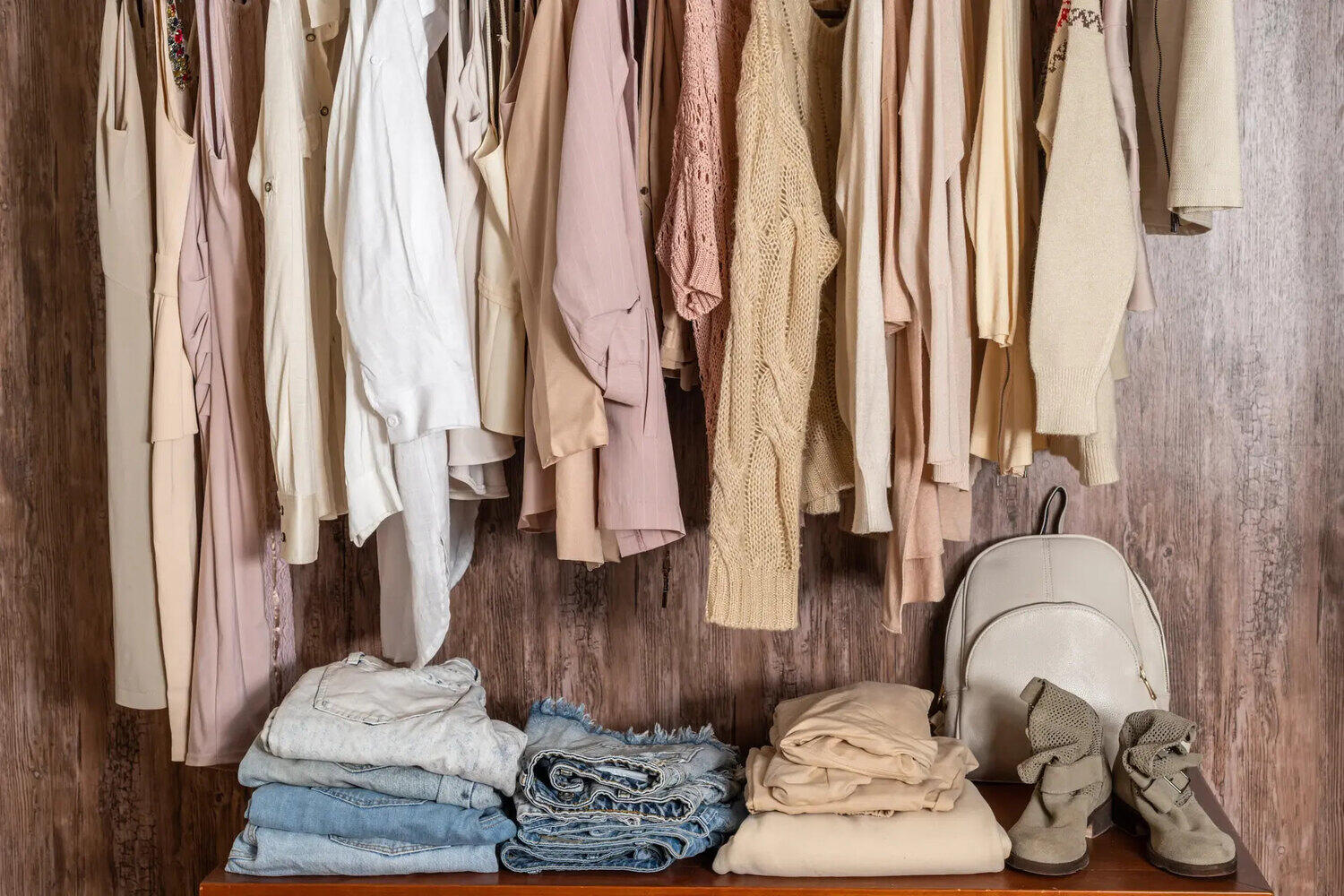
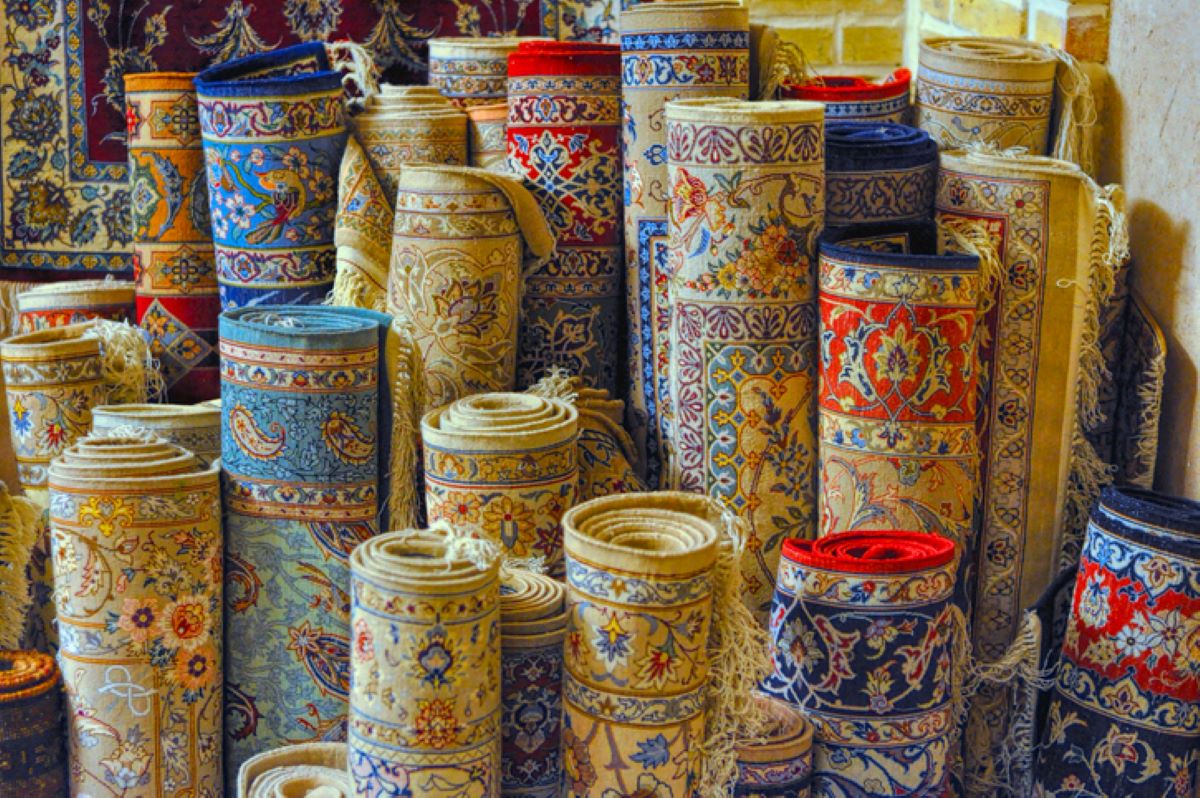
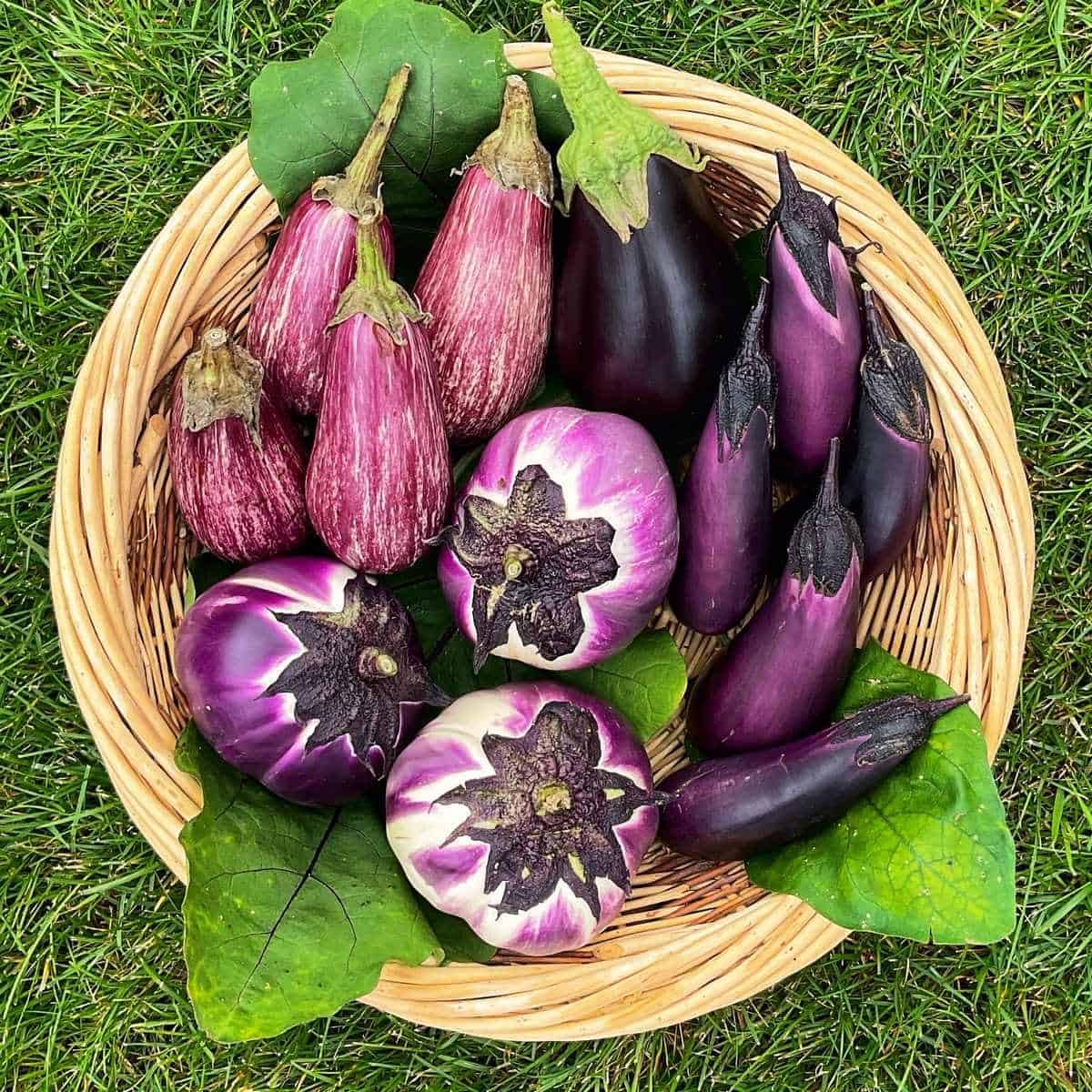
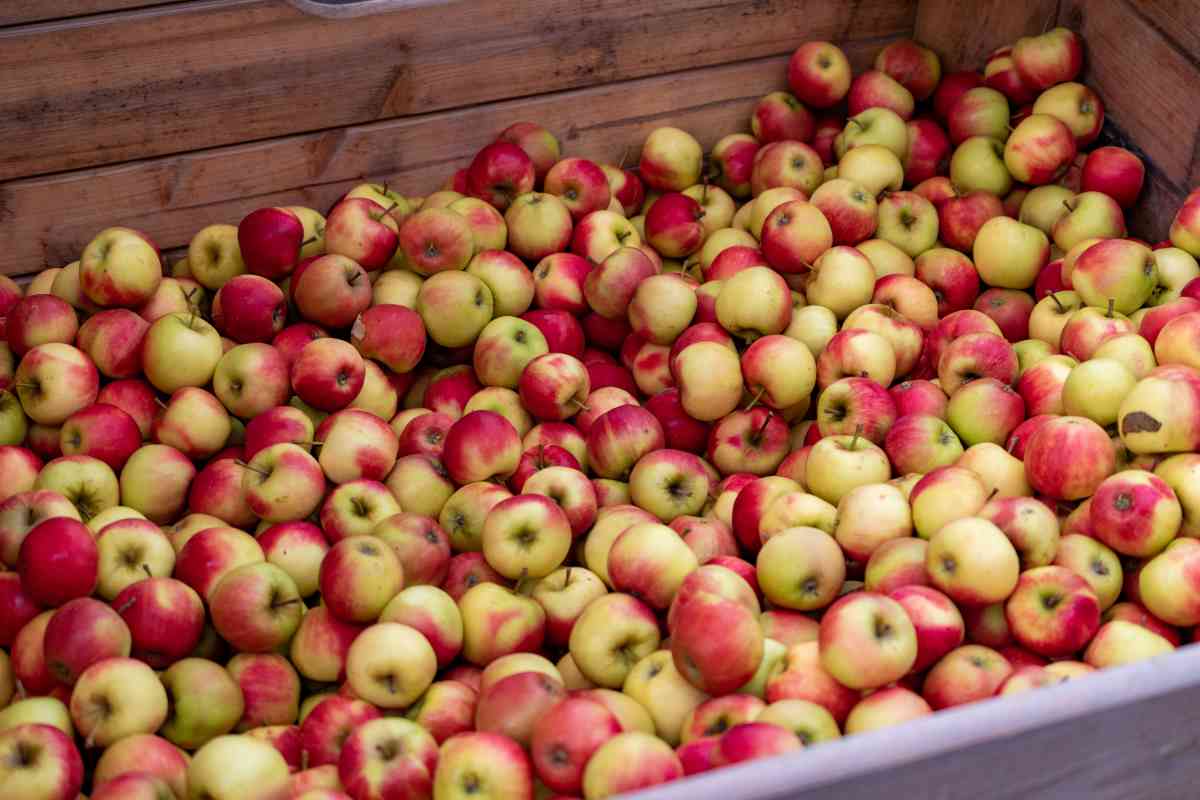
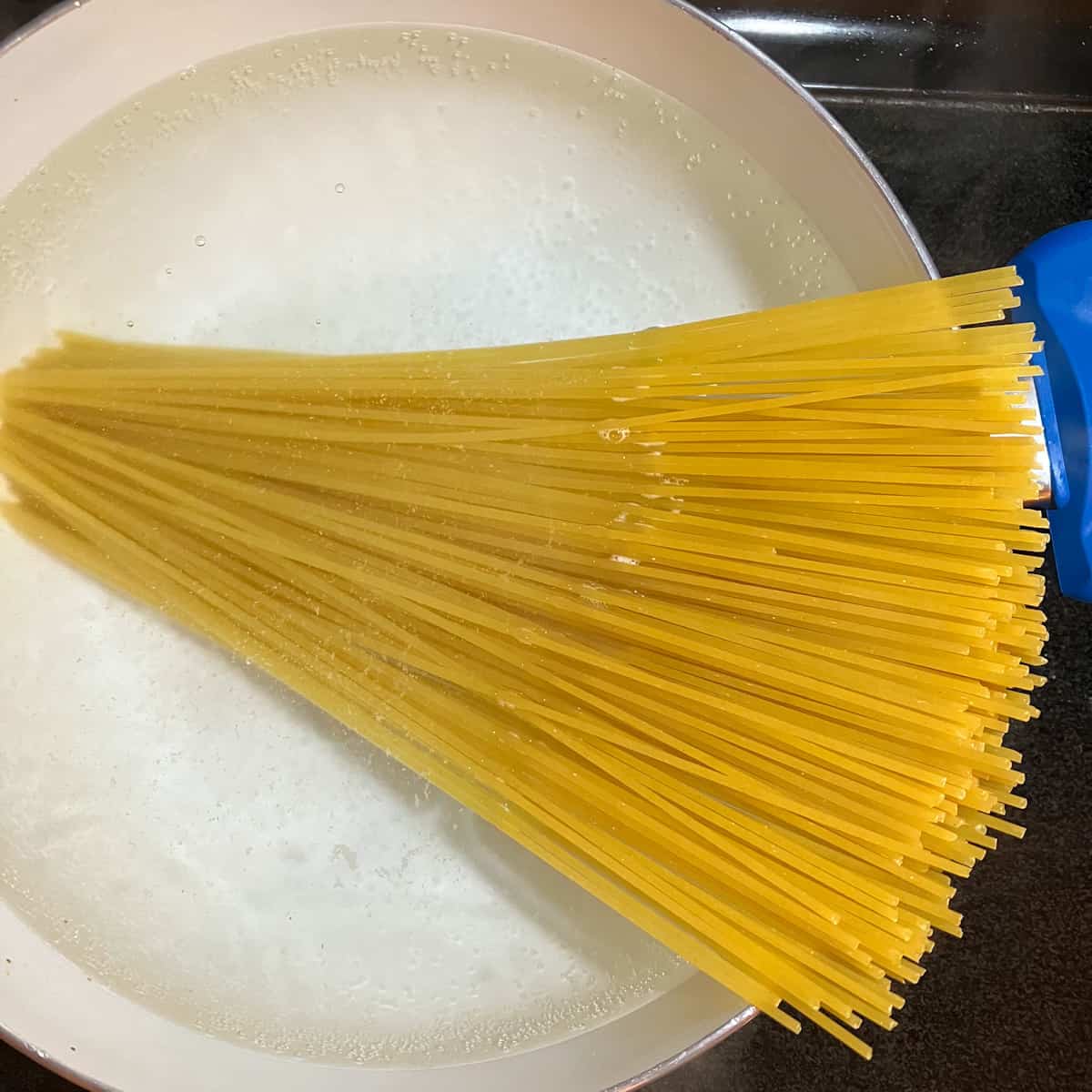
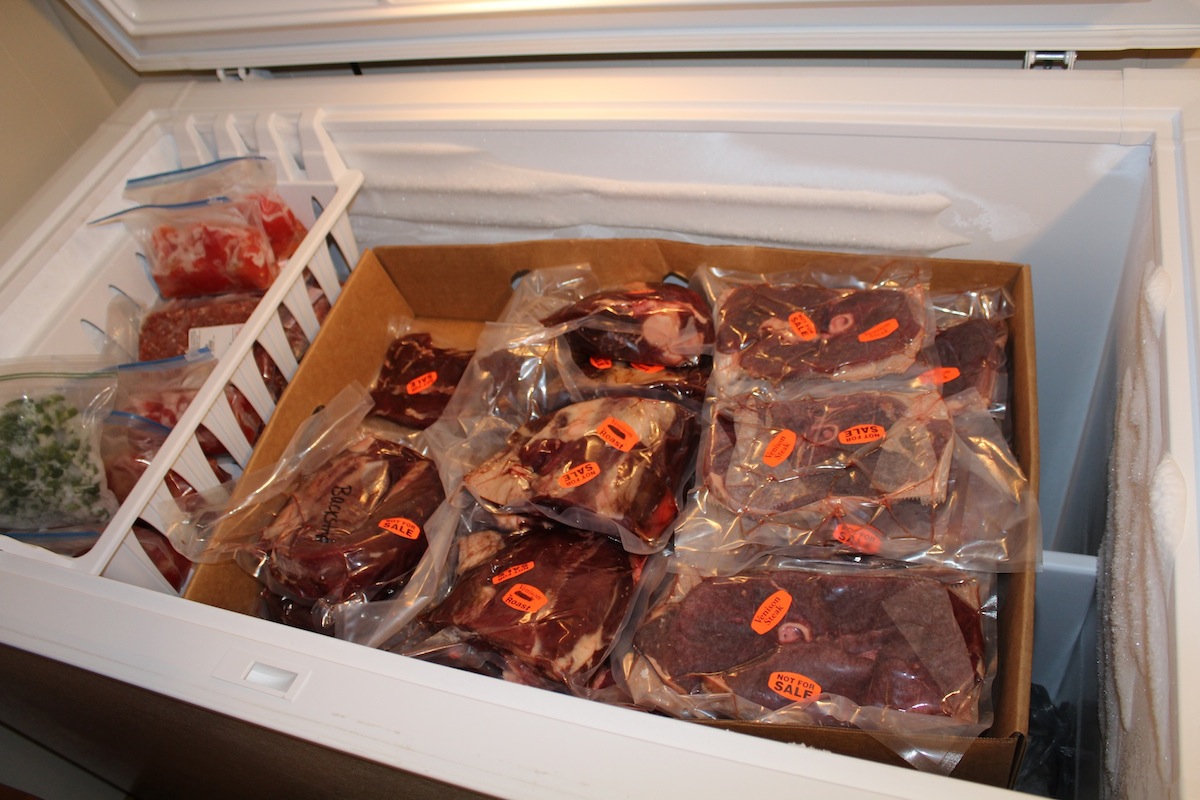

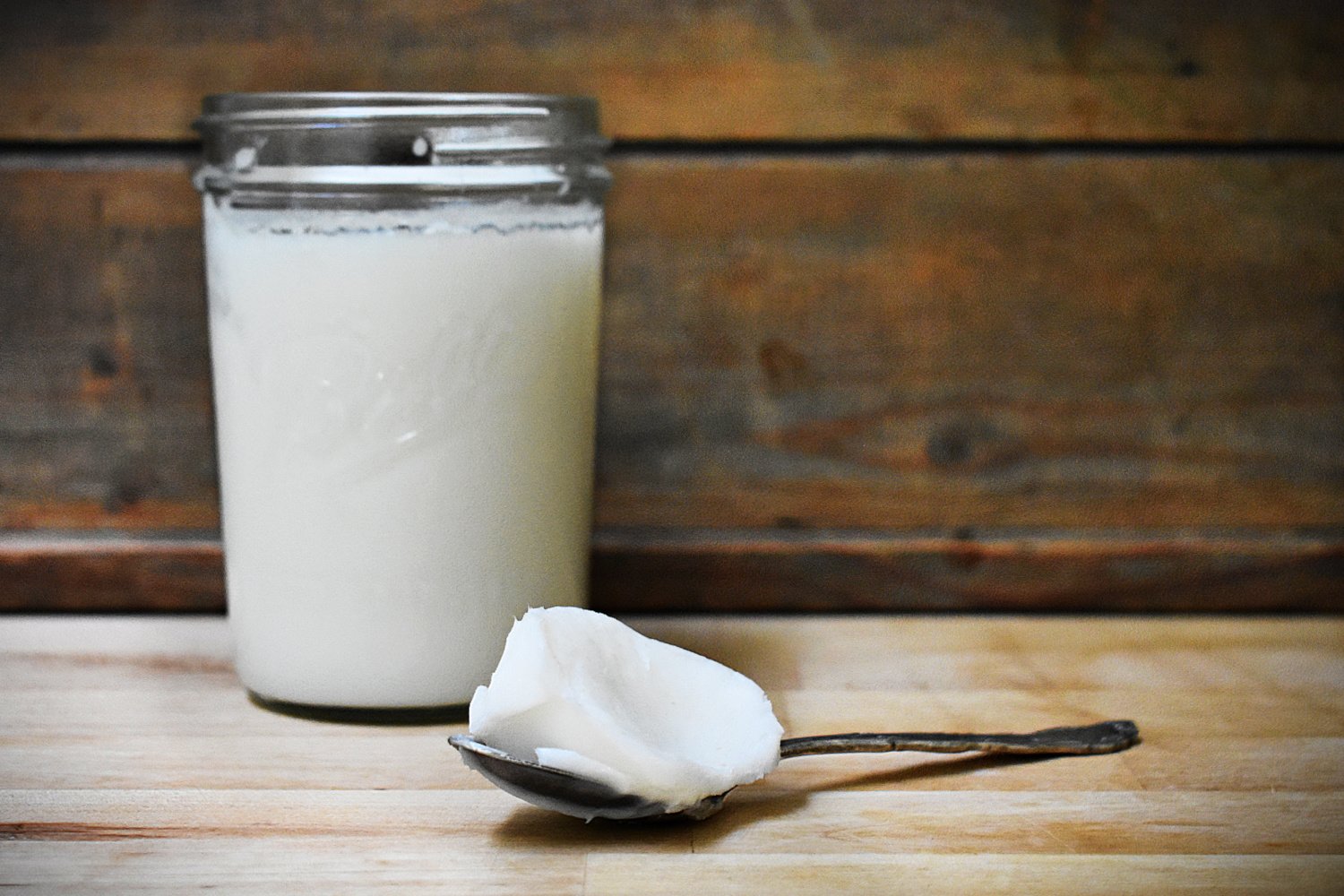
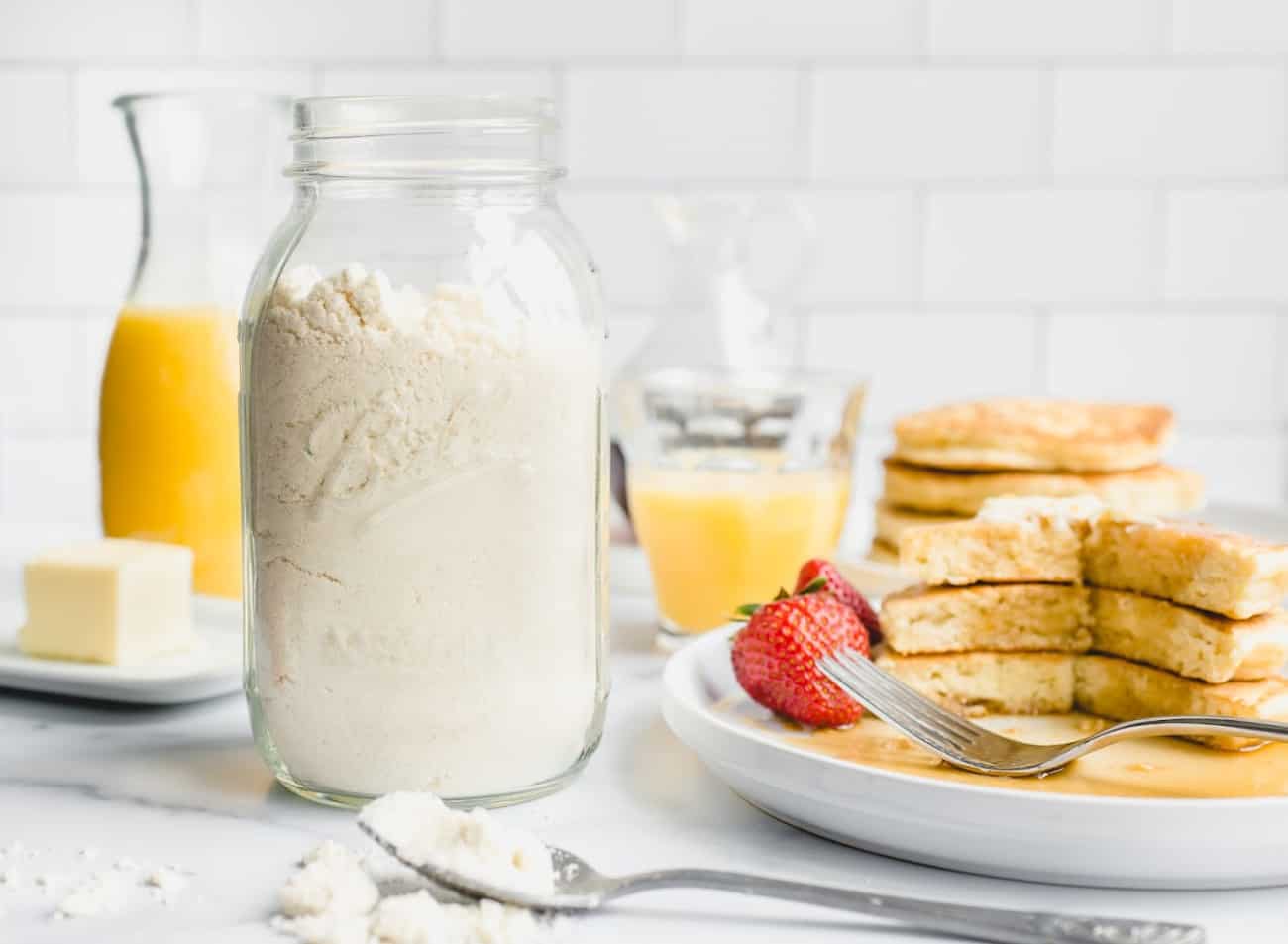
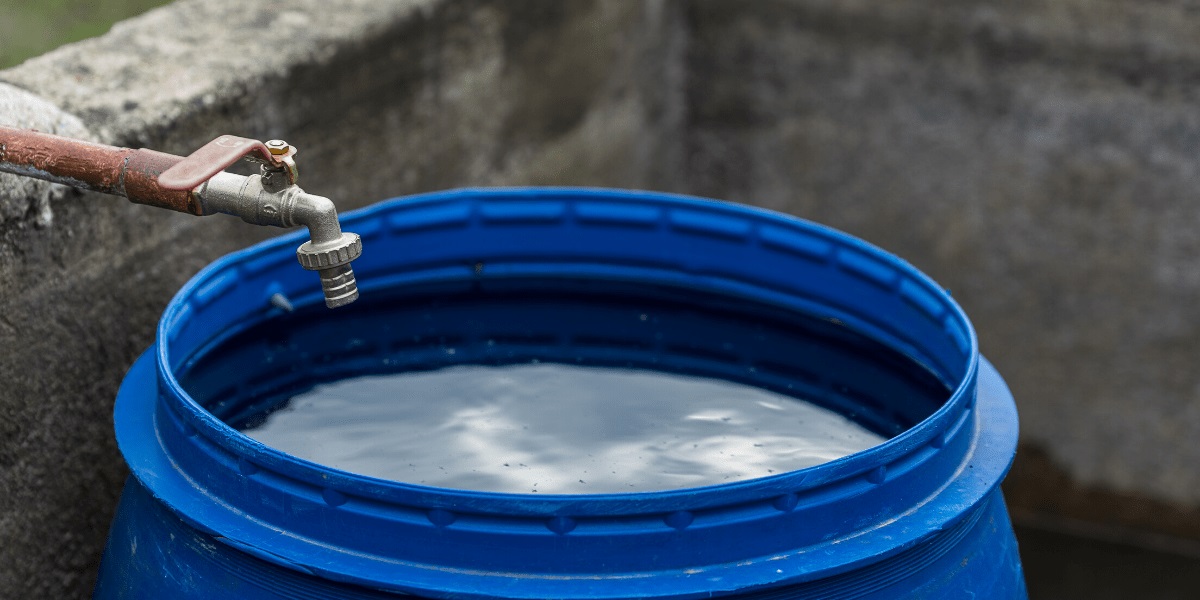
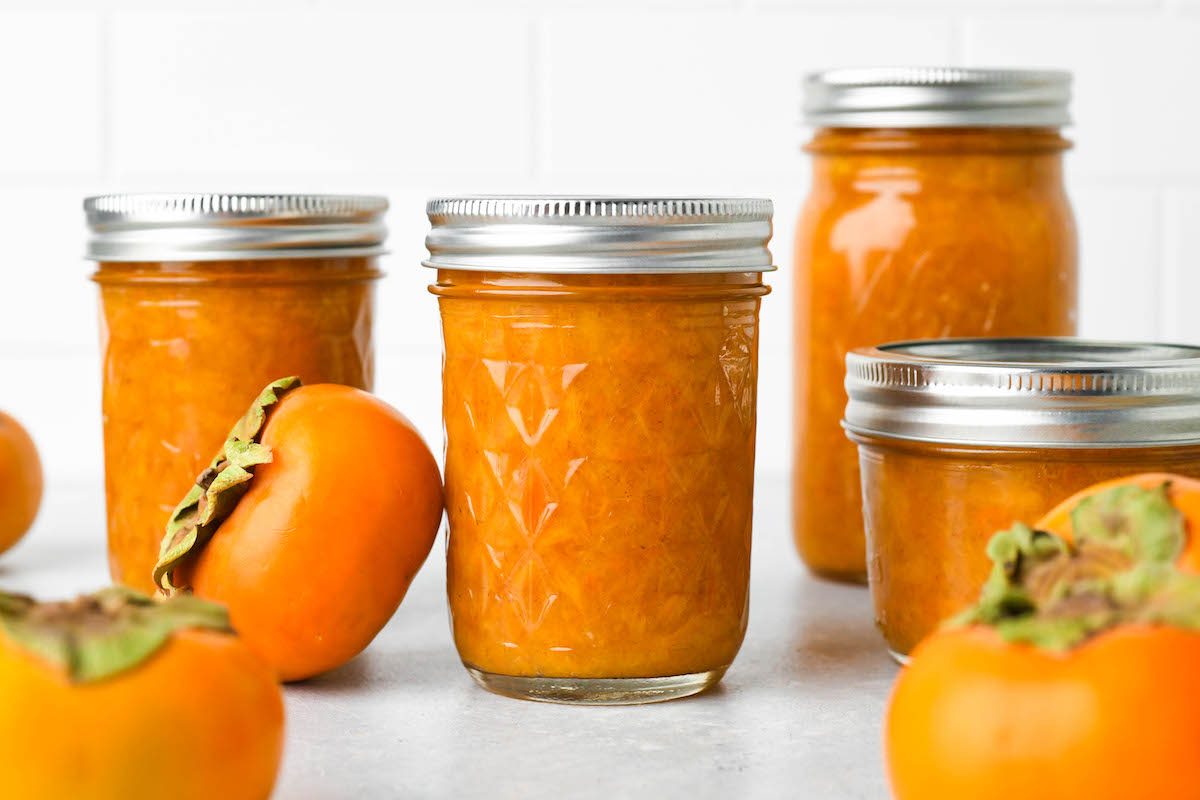
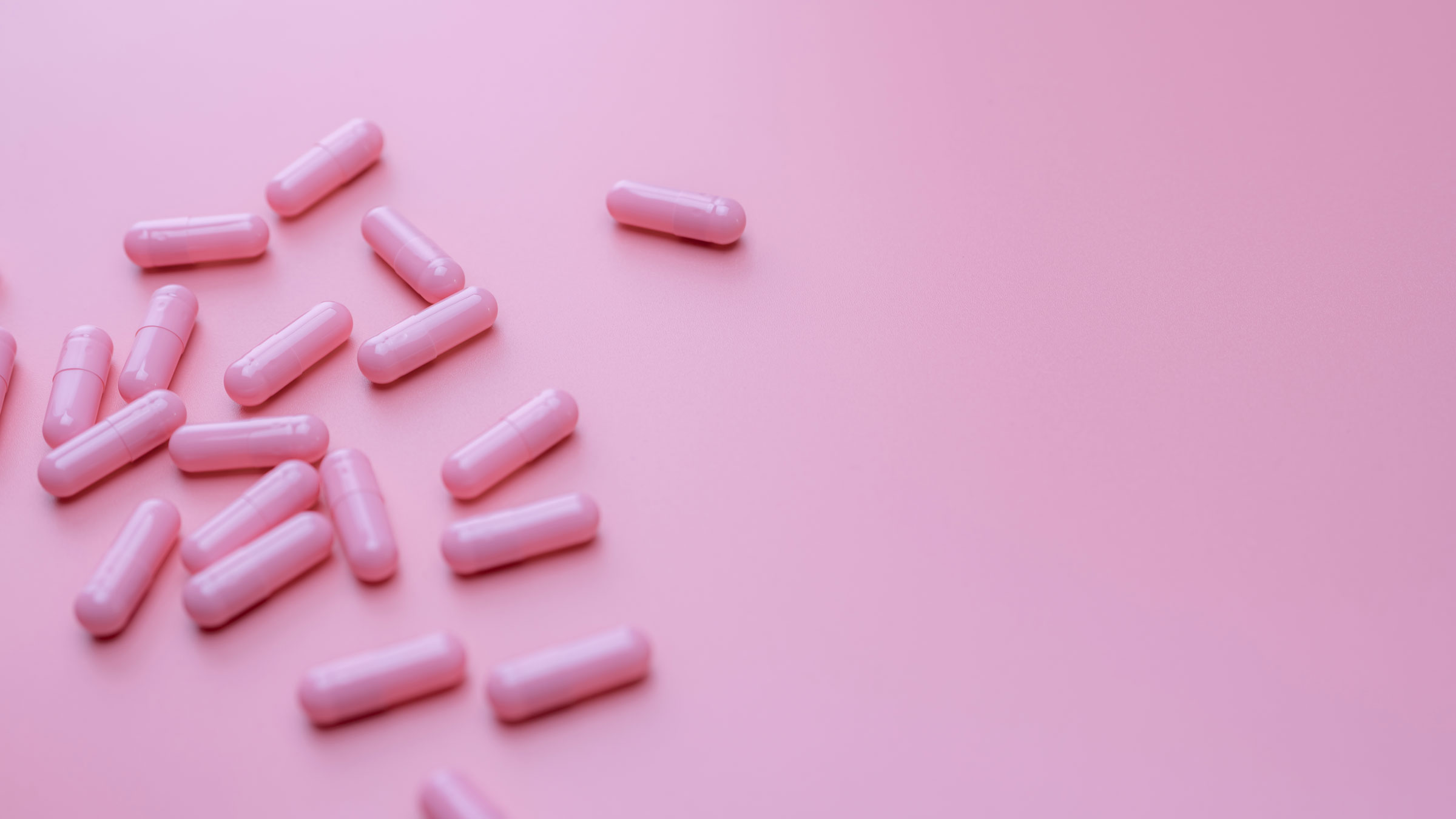
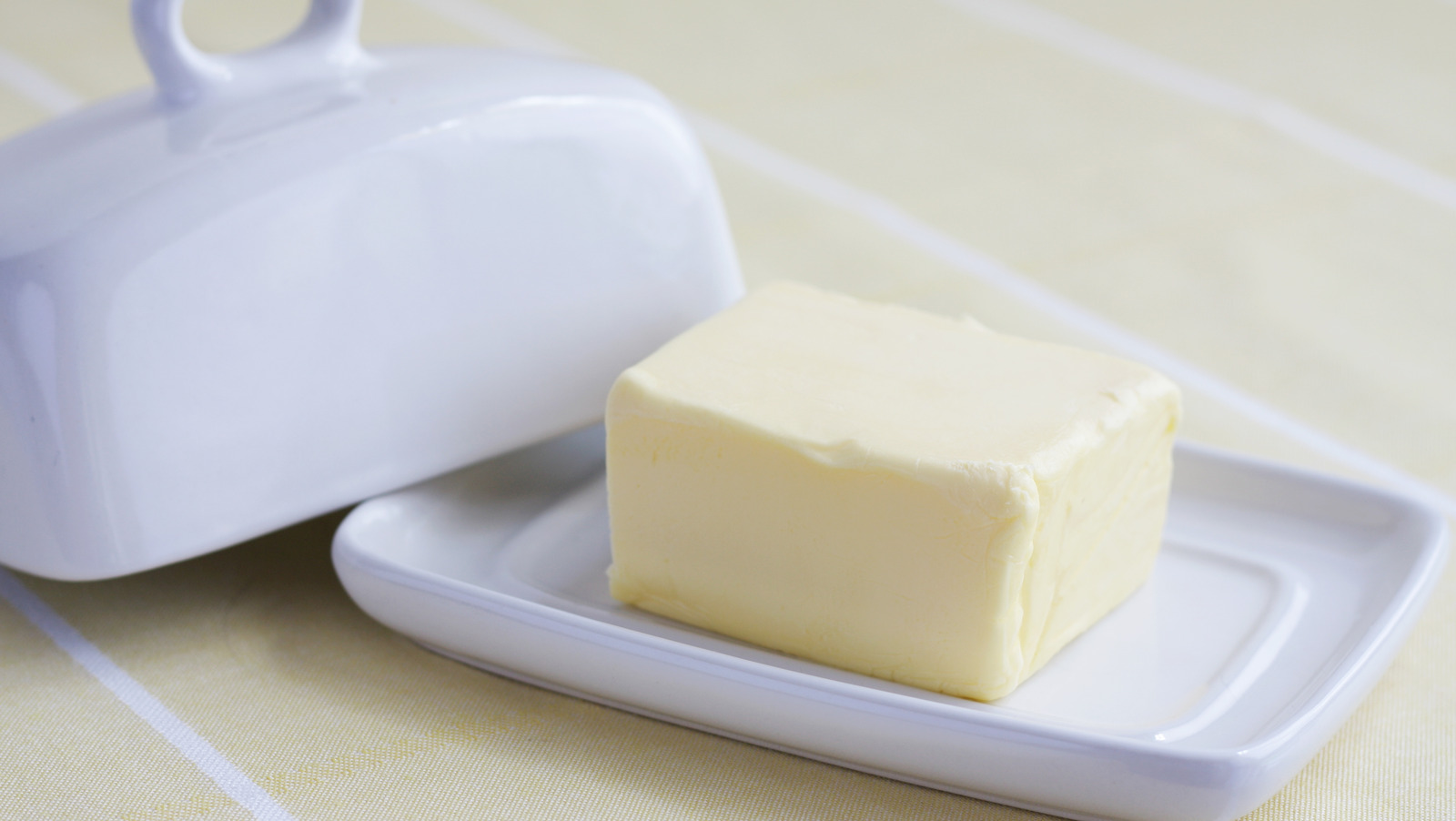

0 thoughts on “How To Store Dates Long Term”